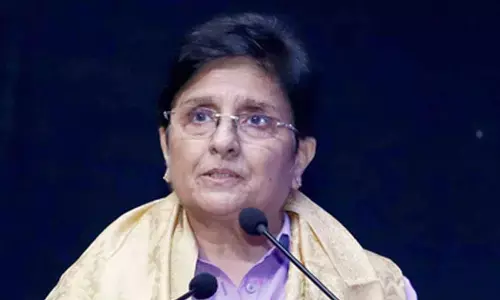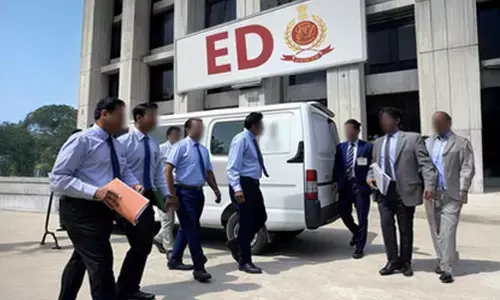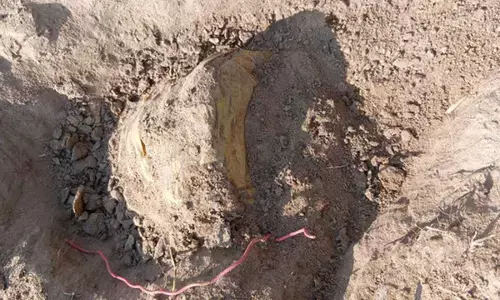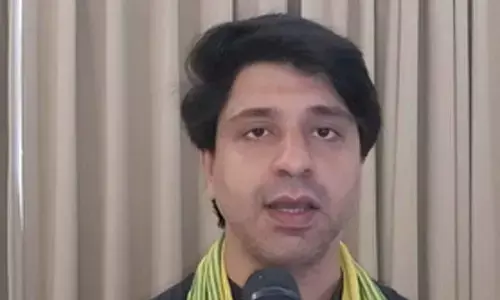Think Global, Act Local
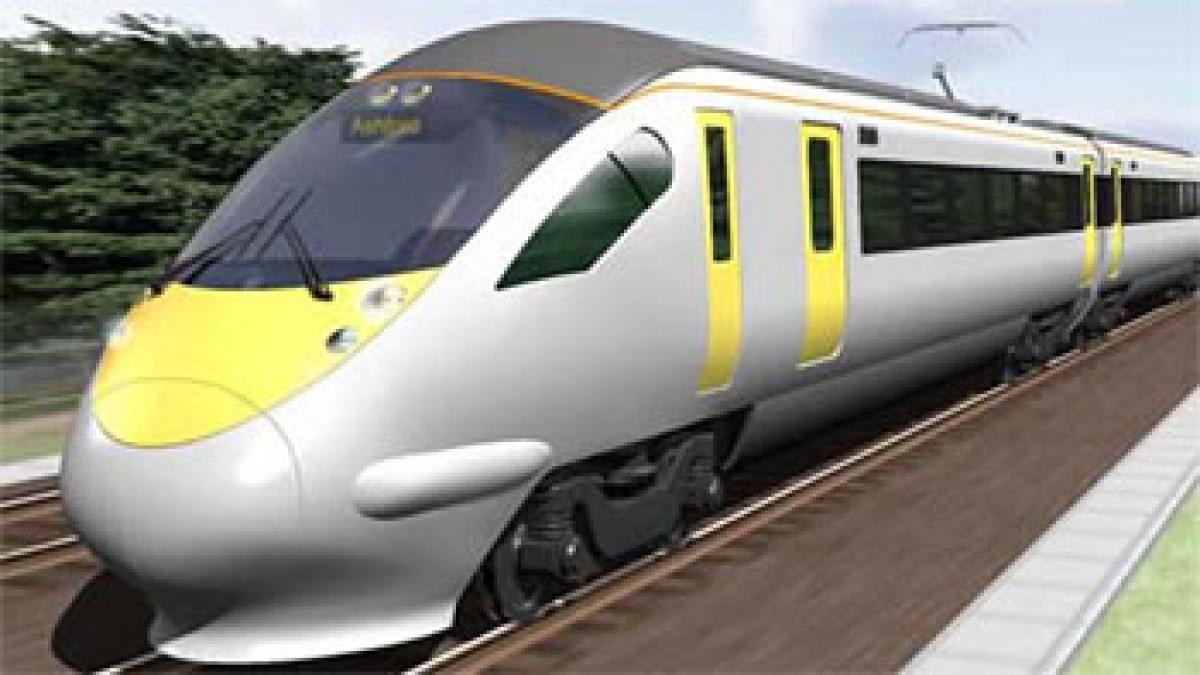
Japan is to build India’s first bullet train. The first bullet train shall run between Mumbai and Ahmedabad, a 505-km route. The bullet train is expected to cut travel time to two hours from the current seven to eight hours. The bullet rains will be introduced against the backdrop of the Railways significantly losing passengers due to competition from road and low-cost airlines.
 Japan is to build India’s first bullet train. The first bullet train shall run between Mumbai and Ahmedabad, a 505-km route. The bullet train is expected to cut travel time to two hours from the current seven to eight hours.
Japan is to build India’s first bullet train. The first bullet train shall run between Mumbai and Ahmedabad, a 505-km route. The bullet train is expected to cut travel time to two hours from the current seven to eight hours.
The bullet rains will be introduced against the backdrop of the Railways significantly losing passengers due to competition from road and low-cost airlines. Therefore, it is interesting to analyse the prospects of running bullet trains on the Indian tracks.
The first challenge is the financing of bullet trains. The ridership revenue estimates for such trains is low and the cost of this infrastructure is very high. The government intends to tide over this problem through cheaper bilateral funding.
The bullet trains with ultra high speeds are projected to compete with air services. How far such comparisons stand is a question in point. In a country with not so impressive record of passenger safety, operating such an advanced rail technology requires a paradigm shift in Railway management. India needs to examine international experiences before embarking upon such an initiative with a bullet speed.
China which is cited as a comparative model for India has evolved a calibrated approach on bullet trains. Anjali Goyal who was an Advisor to the Planning Commission, in an article, ‘High Speed Rail in India’ in Economic and Political Weekly, July 12, 2014, explained that China adopted a comprehensive policy on railway upgradation.
Such an approach included planned expansion and speed upgrades. Railways were used as an instrument of geographic and economic rebalancing of provincial growth. The government has provided massive funding support. The government also focused on advanced rail research and development that made China an exporter of high speed rail technology within a decade.
Today, China is competing with Japan to build bullet train network in India. China forced the foreign suppliers to team up with local manufacturers and transfer production and technology. China could reap return on investment through the high speed rail export market strategy – predatory pricing, easy export credit. Thus China is aggressively pursuing a significant share in the high technology global market.
The United States has also provided liberal federal grants for the high speed rail. The United States took to it to address capacity constraints on congested highways, linking areas of dense economic activity, high population centres.
Russia planned for an integrated system of intermodal transport hubs that included airports, high speed rail and urban transport. Russia is also tapping the international rail market especially in Europe and Asia. The international experience suggests that that the convergence of domestic development and export promotion or linking high speed trains with economic development imperatives made this high cost infrastructure feasible.
The high speed rail systems have potential for transforming human and economic activity, if planned properly. But, super imposing such cutting edge technologies on a rail system beset with myriad problems raises many complex questions. Aping romantic global ideas does not help; instead, India should evolve a comprehensive transport policy especially on Railways before leapfrogging with bullet speed.










